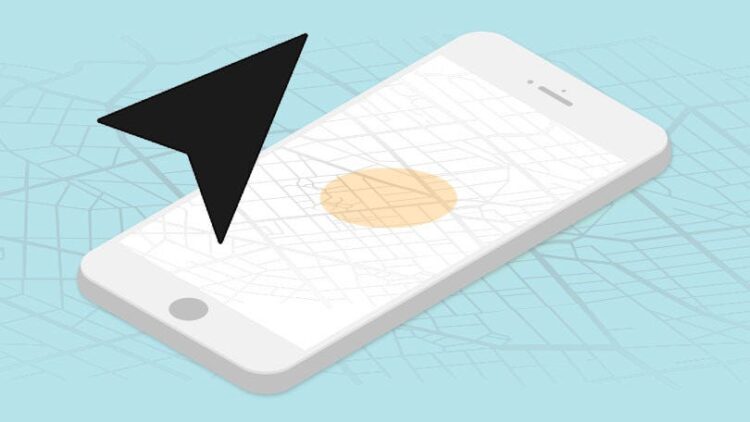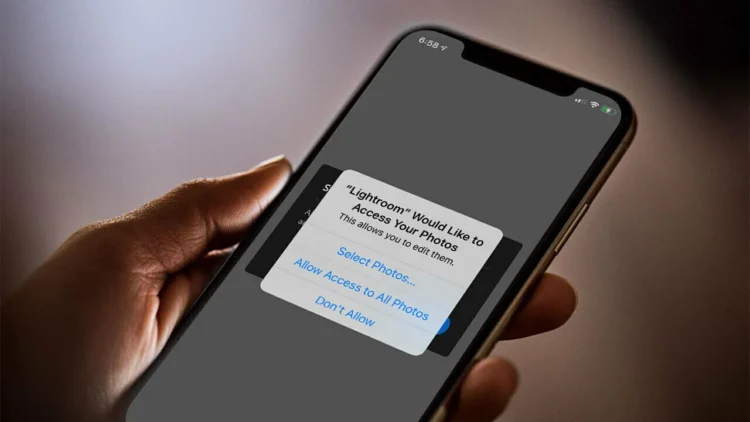In our interconnected world, the ability of our mobile devices to pinpoint our locations precisely has become incredibly significant. However, with this increased reliance on location tracking comes growing concerns about its accuracy and privacy implications.
This blog post aims to explore the ins and outs of iOS location tracking, assess its accuracy, and detail how iPhones keep your data secure.
How iOS Tracks Your Location
iPhones employ a combination of core technologies to track your location. The primary method is GPS (Global Positioning System), which uses satellites to triangulate your position. However, in areas where GPS signals might be weak or unavailable, your iPhone leverages Wi-Fi and cellular networks to enhance its time and place tracking capability.
These services play an integral role in powering various apps, from navigation and weather apps to social media and online shopping platforms.
Factors Influencing The Accuracy

Several factors influence the accuracy of location tracking on your iPhone. Signal strength and the availability of GPS satellites are crucial. For instance, being outdoors under a clear sky provides the most accurate GPS data.
Environmental elements like tall buildings, mountains, or dense urban areas can also affect accuracy by causing ‘GPS signal multipath‘, where signals bounce off surfaces before reaching your phone. Additionally, the accuracy of Wi-Fi and cellular network-based data can vary based on the density and range of these networks in your area.
Accuracy of iOS Location Tracking
In general, iOS location tracking is impressively accurate, with GPS-based methods offering accuracy within a 5-meter radius under optimal conditions. Compared to other smartphone platforms, iPhones consistently rank high in terms of place tracking precision.
However, as highlighted earlier, accuracy can vary based on several factors, including environmental conditions and the availability of different location data sources.
Privacy and iOS

Apple takes user privacy seriously, and this includes location data. iOS provides robust controls allowing users to manage which apps have access to their positional information and when.
Furthermore, Apple continuously enhances its privacy protections with each iOS update. For instance, the recent iOS 15 update introduced an ‘Approximate Location’ feature, allowing users to share their approximate rather than precise locality with apps.
To ensure that your data is not compromised you should only use reliable services such as iFoneTool and similar outlets.
Tips for Improving iOS Location Accuracy
Users can undertake several steps to optimize situational accuracy on their iPhones. Ensuring your iPhone’s software is up to date, enabling Wi-Fi while in use, and avoiding the use of cases that may obstruct GPS signals can improve place and time precision. Additionally, some third-party apps promise to boost its accuracy, although their effectiveness may vary.
Conclusion
While the general accuracy of iOS location tracking is quite high, it’s essential to be aware of its limitations and the factors that can influence it. Equally important is understanding the robust privacy features iOS provides to protect your whereabouts data. By staying informed, you can optimize your iPhone’s location services for your needs and navigate your digital world confidently.
 Hi Boox Popular Magazine 2024
Hi Boox Popular Magazine 2024


